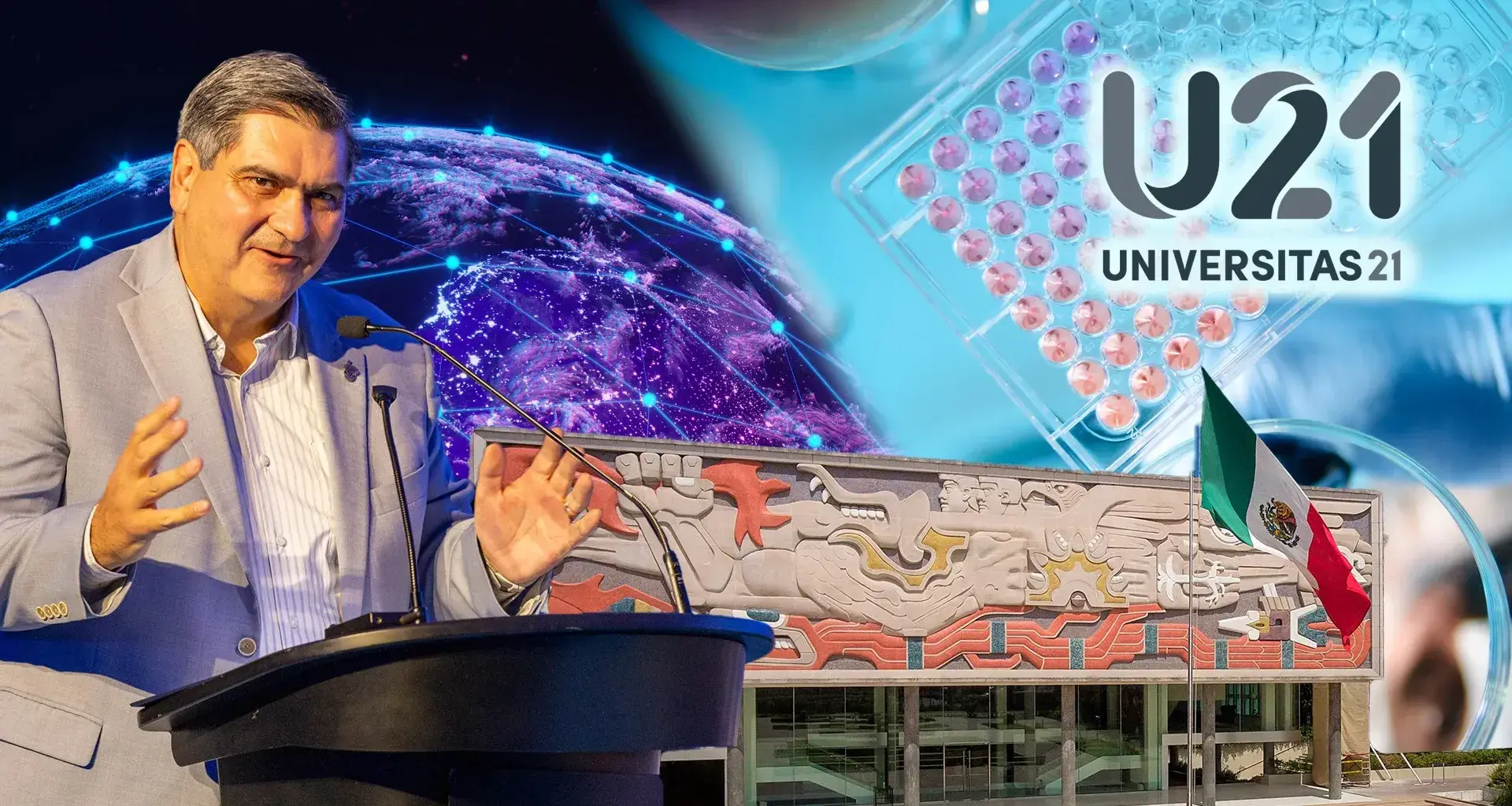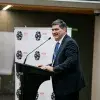David Garza, President of Tecnológico de Monterrey, began his role as Chair of global university network Universitas21 (U21).
Garza is the first Latin American Chair of this global network of 29 universities across the world that fosters collaboration in research, educational innovation, and student experience.
“Taking on this role represents the opportunity to contribute, from Tecnológico de Monterrey and as a network, to the strengthening of higher education, as well as to serve the academic communities of the U21 member universities," Garza expressed.
Jenny Dixon, Provost of Universitas 21, said: “We warmly welcome David and look forward to working with him to continue in our mission to create globalF citizens and leaders of the future.”
“His ethos and drive for international collaboration, alongside his wealth of experience, will hugely benefit our members across the network,” she added.
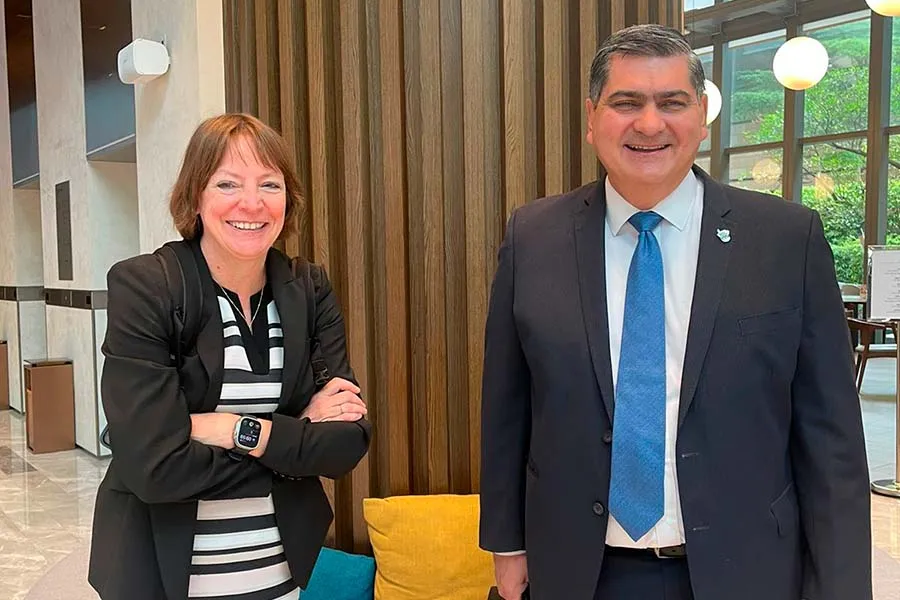
New position in addition to his current role
David Garza will hold this position in parallel with his role as President of Tecnológico de Monterrey.
Garza became Deputy Chair of U21 in April and Chair on November 1, taking on the role from Professor Shearer West, the outgoing Vice-Chancellor of the University of Nottingham.
Tecnológico de Monterrey is currently the only Mexican university to belong to this network and one of two (together with the Pontifical Catholic University of Chile) from Latin America.
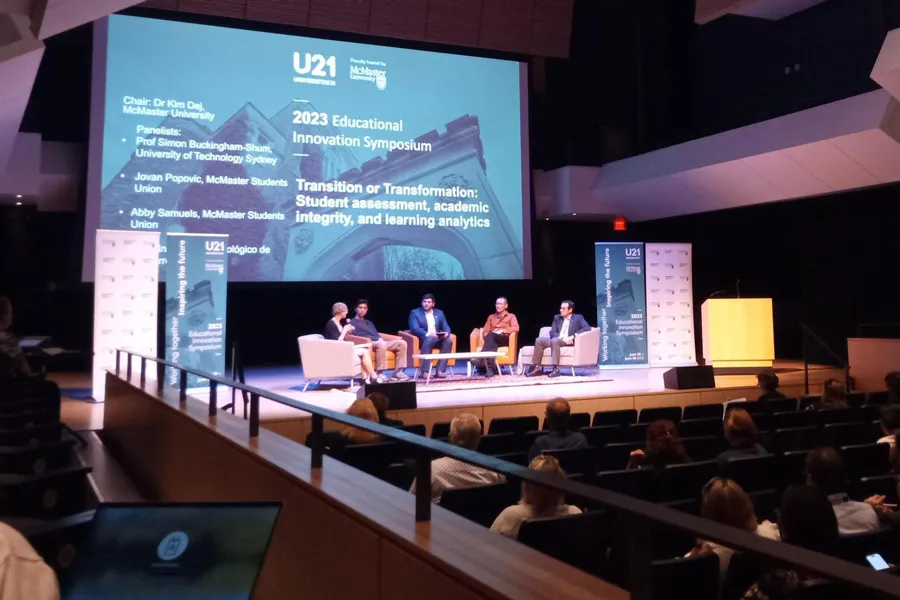
Challenges at Universitas 21
As U21’s incoming Chair, Garza will lead its next Annual Network Meeting & Presidential Symposium, due to take place at the University of California Davis, in May.
The conference theme will be “Imagining the future of higher education: ensuring equitable and inclusive engagement.”
Commenting on his new role, David Garza expressed his confidence in the network’s global efforts.
“We are living in a world of major challenges: climate change, artificial intelligence, social challenges, and geopolitics.
Universitas 21 provides us with a trusted environment for learning and sharing best practice across global education, research, and higher education leadership to address these challenges and deliver positive impact at greater pace and scale.
I look forward to working with other universities in the network to ensure the best possible course for all members to achieve our common goals.”
"I look forward to working with other universities in the network to ensure the best possible course for all members to achieve our common goals.”.- David Garza
About David Garza
David Garza has held academic and leadership positions at Tecnológico de Monterrey for almost 40 years, including Dean of the School of Engineering, Head of Campus, and Rector, among others.
He has also played a key role heading academic innovation initiatives at the institution and has been a research professor as a member of the faculty of Computer Sciences.
Garza is a graduate of Tecnológico de Monterrey itself and holds a PhD in Computer Science from Colorado State University.
About Universitas 21
Universitas 21 was formed in 1997 and is a diverse, global network that brings together 29 universities from the Americas, Europe, Asia, Africa, and Oceania.
These research-intensive universities share a common belief in the value of collaboration and internationalization.
The network has a large concentration (60%) of member universities ranked in the global Top 100 (QS and THE) that impact more than one million students and 200,000 professors and staff through collaboration programs, research opportunities, learning, and development.
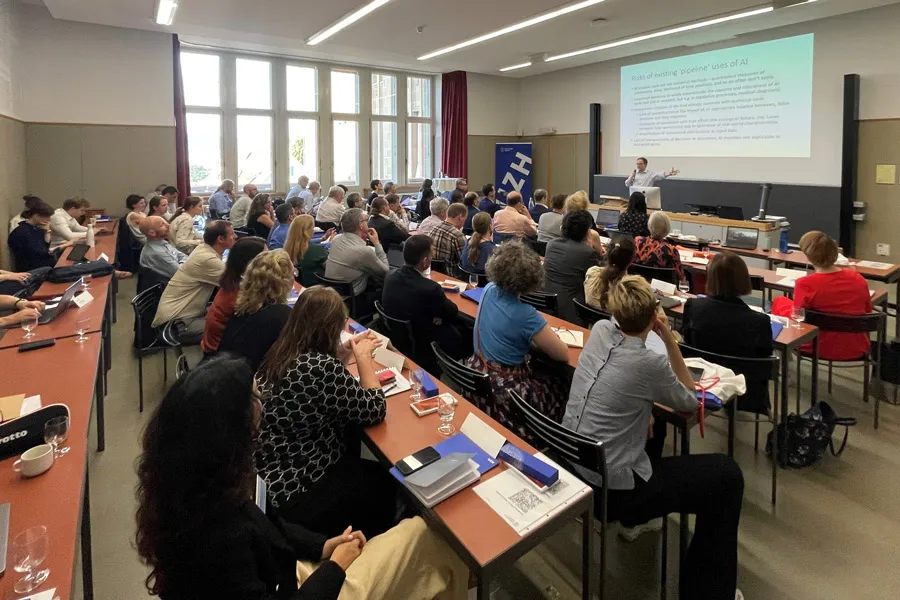
Tec de Monterrey’s international commitment
As well as being Chair of Universitas 21, Tecnológico de Monterrey’s President is a member of the Steering Committee of US accreditor SACSCOC, and the Board of Trustees of the Association of Pacific Rim Universities (APRU).
He also belongs to the President’s Council of the University of the People and is a Champion of the World Economic Forum’s Edison Alliance.
Tecnológico de Monterrey also participates in other international networks, has signed collaboration agreements with more than 10 global Top 200 institutions and universities, and 50% of its scientific publications are made as part of international collaborations.
Every year, 7,000 of its students participate in international exchanges, which makes it one of the universities with the most student mobility in the world.

